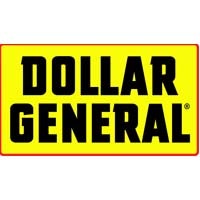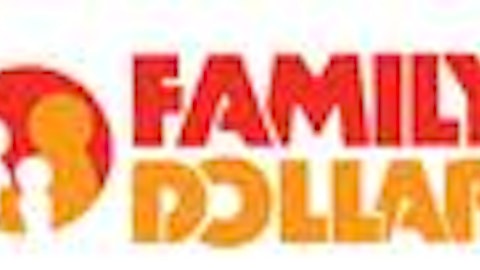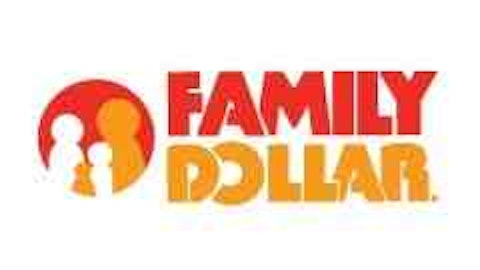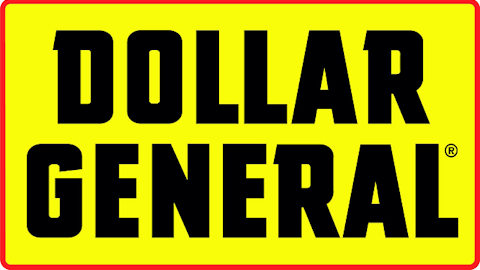If the world returns to a recession (not something I view as likely, but you never know), there are a series of companies which will do comparatively well – dollar stores. They have an obvious value proposition, and solid margins – Dollar General Corp. (NYSE:DG) reported an operating margin of 10.2% for the trailing-12 months, as compared to Dollar Tree, Inc. (NASDAQ:DLTR) Stores at 8.5%, and Family Dollar Stores, Inc. (NYSE:FDO) at 6.7%.

These margins might indicate a recommendation for Dollar General Corp. (NYSE:DG), but my money’s on Family Dollar Stores, Inc. (NYSE:FDO) due to management’s superior work at innovation. Before I get into comparisons of the three, I’d like to start with a few comments on outside threats.
There is one sector in particular which I believe to be counter-cyclical by nature: dollar stores. When real incomes fall and unemployment goes up, more people buy cheap groceries. This is why Dollar General Corp. (NYSE:DG), Dollar Tree, Inc. (NASDAQ:DLTR) Stores and Family Dollar Stores, Inc. (NYSE:FDO) have done so well over the past four years.
Now, some of the households these firms attracted during the recession will remain customers even if the recovery continues. The uncertainty lies around how many will stay and how many will defect to grocery store, pharmaceutical, and big- box competitors. That uncertainty is too much for me if the recovery continues, so my recommendation to buy Family Dollar Stores, Inc. (NYSE:FDO) is contingent on a global backslide.
Wal-Mart Stores’ smaller-footprint Neighborhood Markets is another potential threat – neighborhood markets are designed explicitly to compete with dollar stores and are backed by Wal-Mart’s enormous financial resources. Wal-Mart only had 230 Neighborhood Markets nationwide as of March, so there is plenty of room for additional growth.
A recent study shows that Wal-Mart already offers cheaper groceries, household supplies, and pharmaceuticals than Dollar General Corp. (NYSE:DG). Timenotes that the dollar stores are getting away with higher margins than Wal-Mart – indicating either that they are getting their goods cheaper (unlikely, given Wal-Mart’s size) or they are finding ways to charge more (perhaps by selling smaller-sized items). As value-minded shoppers become more aware of these facts, they may return to the dollar stores’ big-box competitor.
Competitor financials
Dollar General Corp. (NYSE:DG) reported excellent first-quarter 2013 results, with same-store sales growth of 2.6% and total sales growth of 8.5%. Management expects continued same-store sales growth of 5% and overall sales growth of 10% to 11% for 2013. The company continues to expand aggressively, with 165 new stores opened this past quarter.
Dollar General Corp. (NYSE:DG) has a few additional things in the pipeline; management has tinkered with several different store formats, and the chain is pushing hard to include tobacco products in all of its stores (a potentially significant revenue driver).
If those numbers seem good, take a look at Dollar Tree, Inc. (NASDAQ:DLTR)’s. While Dollar General posted a respectable 10.2% operating margin for the trailing-12 months, Dollar Tree, Inc. (NASDAQ:DLTR) reported an even better 12.6%. Dollar Tree, Inc. (NASDAQ:DLTR) also had 18% EPS growth for the first quarter ($0.59 as compared to $0.50 in 2012), same-store sales growth of 2.1%, and total sales growth of 8.3%. Dollar Tree, Inc. (NASDAQ:DLTR) opened 94 new stores during the first quarter, and management anticipates about 340 new stores for the full year.
A solid third quarter
Family Dollar Stores, Inc. (NYSE:FDO) posted 2.9% growth in same-store comps for third-quarter fiscal 2013 (February – May) and 9% growth in sales overall. The company opened 129 new stores (and closed three). The EPS declined slightly (to $1.05 from $1.06 in 2012), but management anticipates full-year EPS in the $3.77-to-$3.82 range, which would be solid growth from $3.58 for fiscal year 2012.
Management’s innovation
Beginning in late 2012, Family Dollar Stores, Inc. (NYSE:FDO) partnered with one distributor – McLane – to provide frozen and refrigerated food, tobacco, and candy at its stores. The benefit of working with one wholesaler is product consistency across the entire chain, and (theoretically) lower administrative costs than working with 50 or more other companies, as Family Dollar previously had been.
While Dollar General is trying to include tobacco and frozen foods, Family Dollar already began that last year with the McLane partnership – management is ahead of the competition.
The company also recently signed on Procter & Gamble to make Duracell batteries the only brand carried in Family Dollars. In the third quarter earnings call, Michael Bloom, the president and COO, reported that Family Dollar now purchases Duracell factory-direct, which has improved margins on battery sales by 10%. These deals represent the sort of thoughtful, far-reaching spadework that will enable a company to beat out the competition.
Foolish conclusion
If you believe the economy is going to tank, look at the dollar stores and move into a great defensive stock (one that is almost counter-cyclical). Of them, I view Family Dollar as the best pick given management’s forward-thinking deals, although a rising tide for the sector would lift all boats. Watch out for Wal-Mart, which has the resources to compete in a big way.
Michael Douglass has no position in any stocks mentioned. The Motley Fool has no position in any of the stocks mentioned. Michael is a member of The Motley Fool Blog Network — entries represent the personal opinion of the blogger and are not formally edited.
The article Buy This Company If You’re Bearish on the Market originally appeared on Fool.com is written by Michael Douglass.
Copyright © 1995 – 2013 The Motley Fool, LLC. All rights reserved. The Motley Fool has a disclosure policy.





